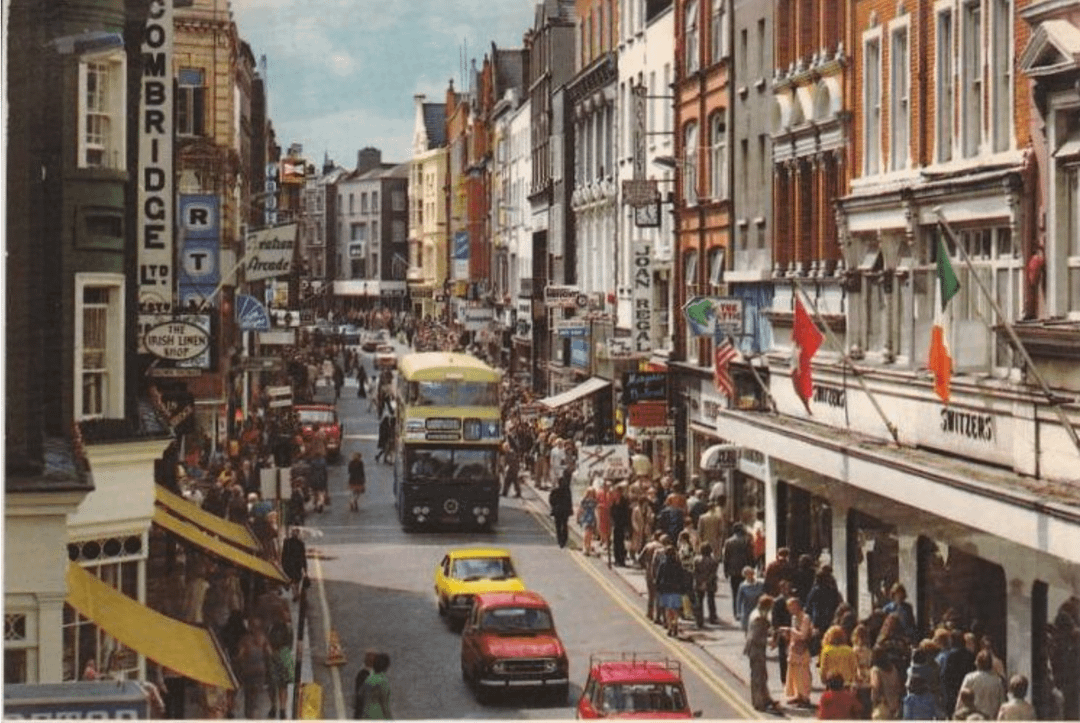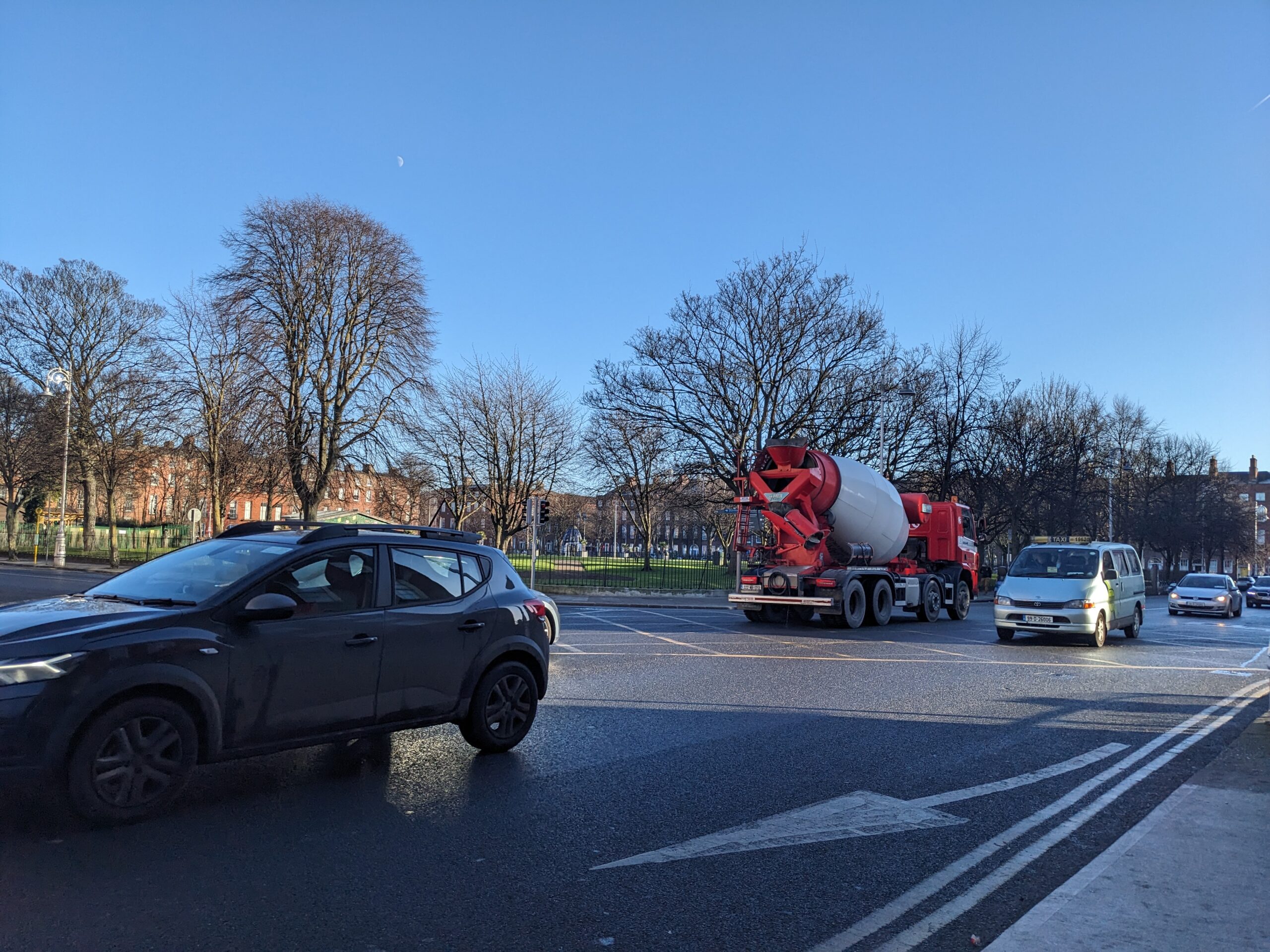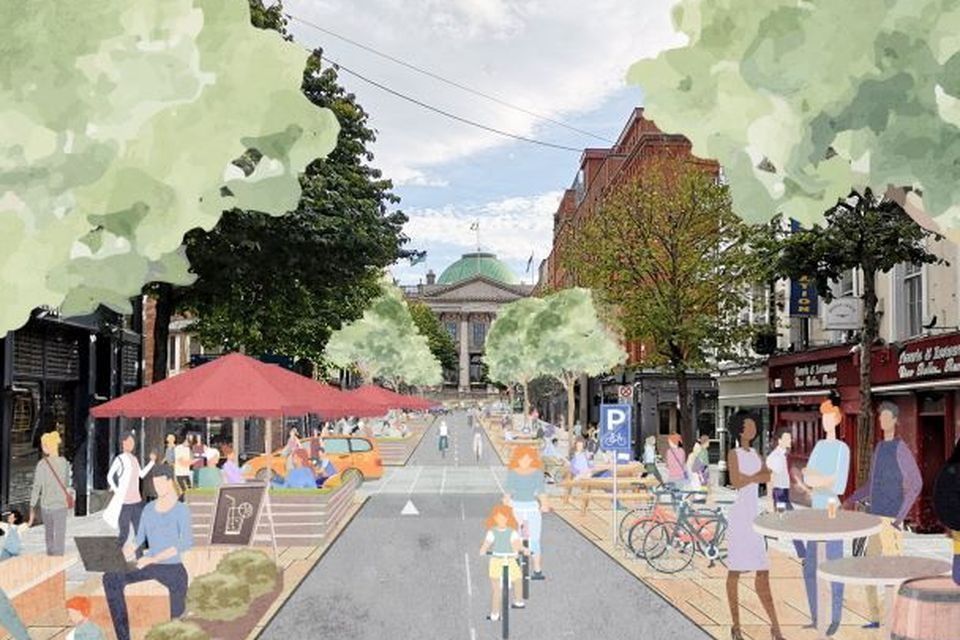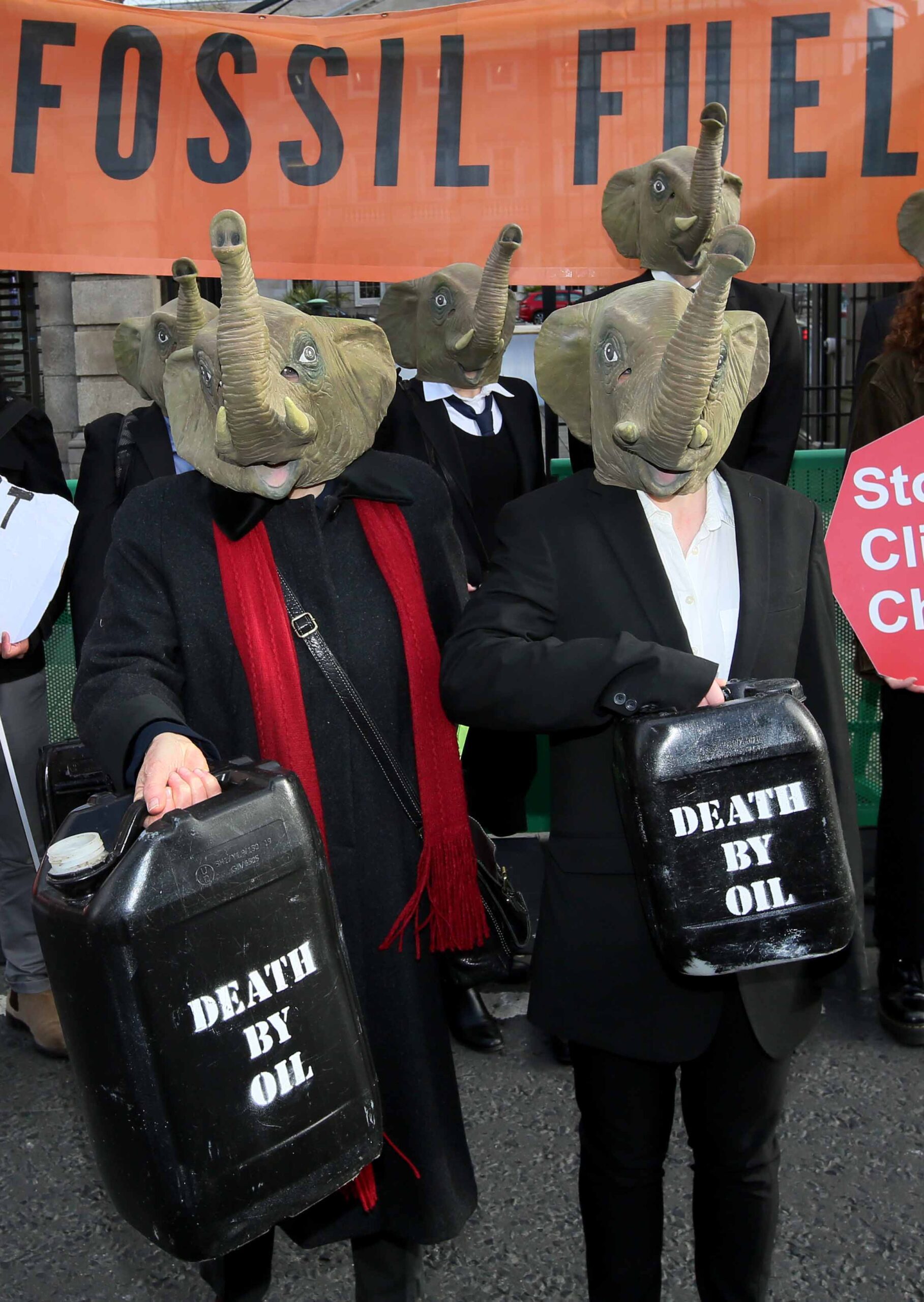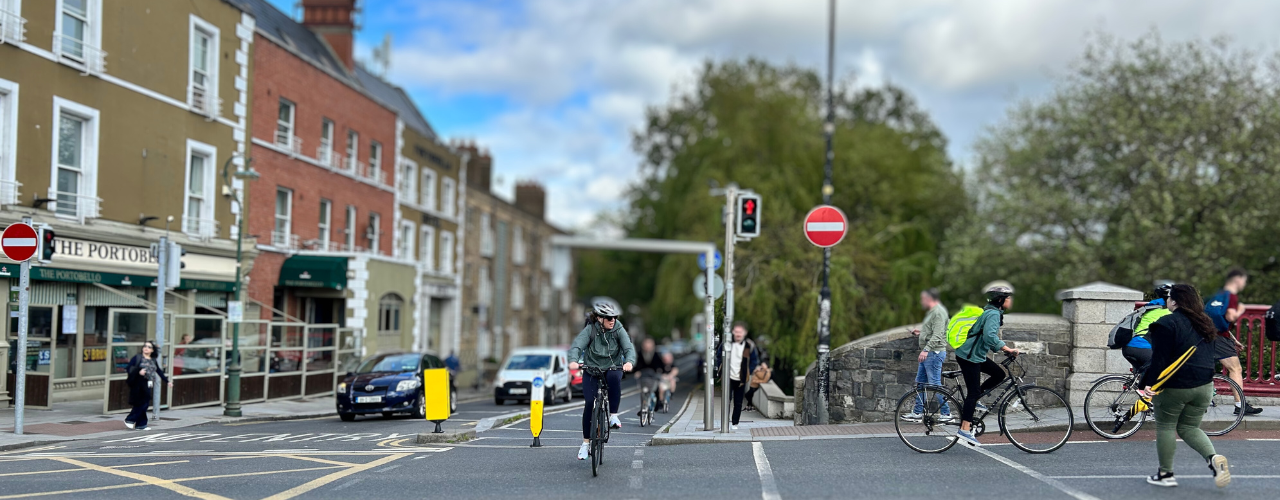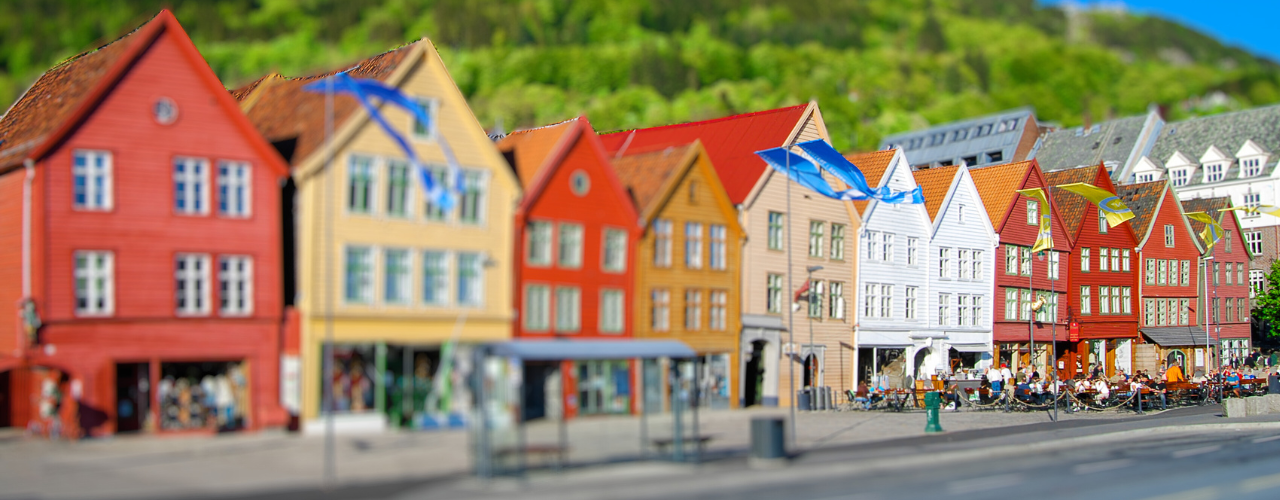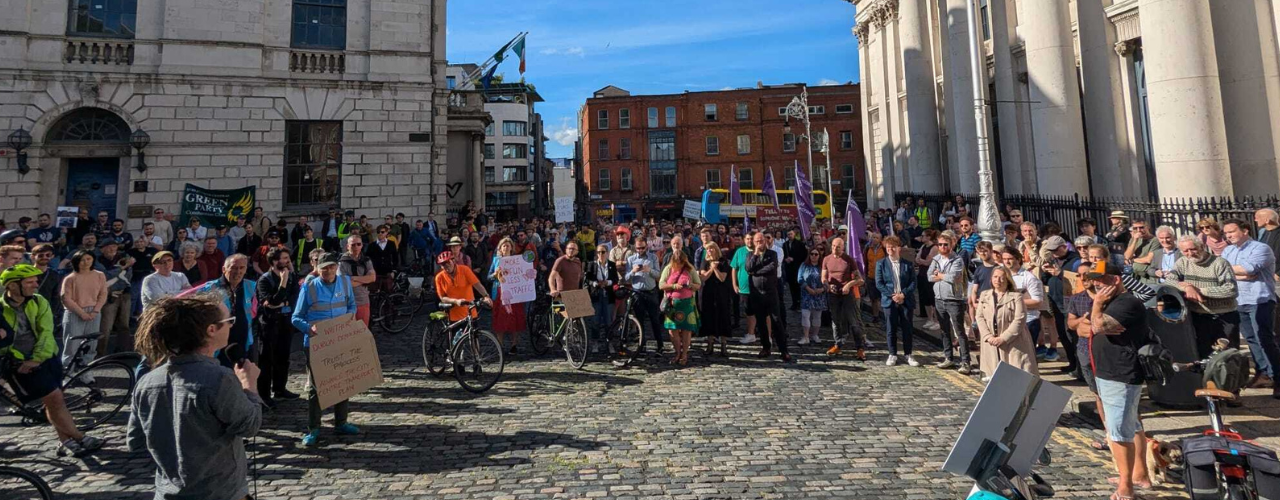
Reflections from the Dublin City Transport Plan Protest
The reason we gathered was to demand the full implementation of the Dublin Transport Plan, that has been developed over years by expert engineers and city officials. It has been subject to extensive public consultation. It has been voted on twice by the elected representatives of the city. And it is being held up because the CEO of the Council has capitulated to a small group of business leaders, who have the backing of a junior minister who, new to the job, is quickly exploring just how far she can reach.


